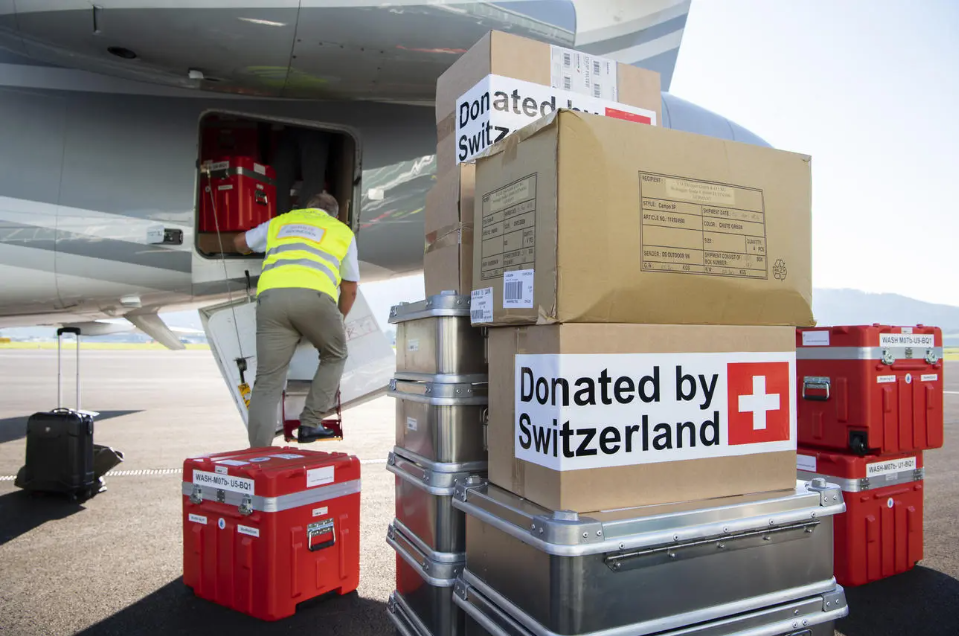
Switzerland has announced the termination of its development aid program to Eritrea, citing persistent challenges in repatriating rejected asylum seekers.
- Switzerland has terminated its development aid program to Eritrea
- Eritrea’s refusal to accept deported nationals has caused frustration in Swiss-Eritrean relations
- Switzerland’s decision to end aid raises questions about the effectiveness of foreign aid in influencing migration policies
The decision to terminate the development aid program to Eritrea follows a broader policy shift in Swiss aid, which recently included cuts to Zambia and two other nations.
In 2024, the Swiss House of Representatives resumed deliberations on Switzerland’s 2025 budget, focusing primarily on reducing proposed cuts to international aid amounting to CHF250 million.
Lawmakers approved budget reductions of CHF147.7 million for bilateral development projects and CHF52.3 million for multilateral organizations.
DON’T MISS THIS: Switzerland set to end development programs in Zambia, 2 other countries
Additionally, they sanctioned a CHF50 million reduction in economic cooperation programs under the State Secretariat for Economic Affairs (SECO)
According to Swiss public broadcaster SRF, the Swiss government’s frustration stems from Eritrea’s continued resistance to forced repatriation, despite diplomatic and humanitarian engagements.
A spokesperson for the Swiss foreign ministry emphasized that an external evaluation found insufficient progress in migration cooperation, leading to the aid suspension.

Switzerland has been involved in development projects in Eritrea since 2017, aiming to address economic and social challenges in the Horn of Africa nation.
This decision aligns with broader European concerns about migration, as Eritreans constitute a significant portion of asylum seekers in Switzerland and other European nations.
With Switzerland’s aid withdrawal, the future of its development projects in Eritrea remains uncertain, raising questions about the effectiveness of foreign aid in influencing migration policies.
Swiss-Eritrea migration back story
The presence of around 260 Eritrean asylum seekers in Switzerland has ignited a fierce national debate, particularly regarding their deportation.
Several Swiss politicians have advocated for their repatriation, but Eritrea’s refusal to accept them has stalled the process.
According to a report by InfoMigrants, Switzerland hosts approximately 40,000 Eritreans, making them one of the largest refugee groups in the country.
However, a small number of rejected asylum seekers has drawn disproportionate attention, fueling public and political discourse.
DON’T MISS THIS: Trump vows to cut aid to Africa’s wealthiest country over land expropriation
Swiss media and public discussions have largely portrayed Eritrean migrants negatively, citing poor integration, language barriers, and dependence on social welfare.
With Switzerland recently announcing the end of its development aid to Eritrea due to migration concerns, the debate over Eritrean asylum seekers is likely to intensify, reflecting broader European struggles with immigration and integration policies.
According to the SRF report, the aid is to be discontinued at the end of May.












